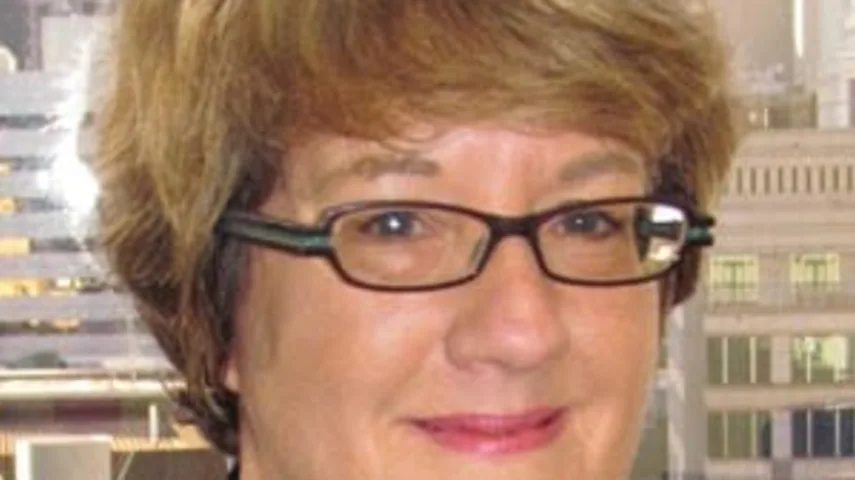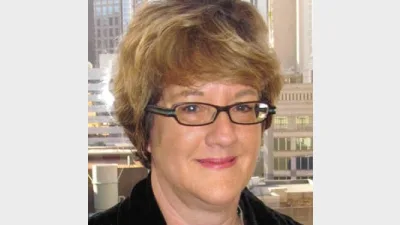Super taxes need to change to close gender gap



How superannuation is tax is one of the biggest impediments to closing the super gender gap, a senior policy adviser believes.
With Australia's gender pay gap worsening and currently at 18.8 per cent, according to the Workplace Gender Equality Agency (WGEA), the Australian Institute of Superannuation Trustees' (AIST) policy adviser, Karen Volpato, said policy changes need to be looked at holistically to be effective.
Volpato told Super Review that policies need to take into account this pay gap along with the current tax laws of 15 per cent when money is put into super, 15 per cent earnings tax when money is in super, and zero per cent when money is taken out.
"Women earn less and save less. They're getting hit just like men going into a fund, when money is in a fund, and don't really get any benefit out of this [zero per cent tax] because they're saving less than the tax free threshold [$180,000] anyway," she said.
"This [money going in and accumulating in super] is disadvantaging women, and money going out of super is advantaging men."
Volpato said taxation policy changes in super need to be looked at these three stages.
"A solution needs to be worked out on how women are being proportionally disadvantaged on this… this issue that has to be looked at applying a gender lens applied to policy development on these things," she said.
Volpato also suggested getting a system measuring gender impact on super policies, and applying a methodology of looking at taking money in super through a gender perspective, removing the $450 threshold, and putting back the low income contribution scheme were avenues to finding a solution.
She said AIST with Mercer developed its Super Tracker used to ‘road test' super policies. The tracker found in terms of the gender gap Australia currently scores 6.26 out of 10 (10 being no gap).
Recommended for you
The central bank has released its decision on the official cash rate following its November monetary policy meeting.
Melbourne advice firm Hewison Private Wealth has marked four decades of service after making its start in 1985 as a “truly independent advice business” in a largely product-led market.
HLB Mann Judd Perth has announced its acquisition of a WA business advisory firm, growing its presence in the region, along with 10 appointments across the firm’s national network.
Unregistered managed investment scheme operator Chris Marco has been sentenced after being found guilty of 43 fraud charges, receiving the highest sentence imposed by an Australian court regarding an ASIC criminal investigation.











